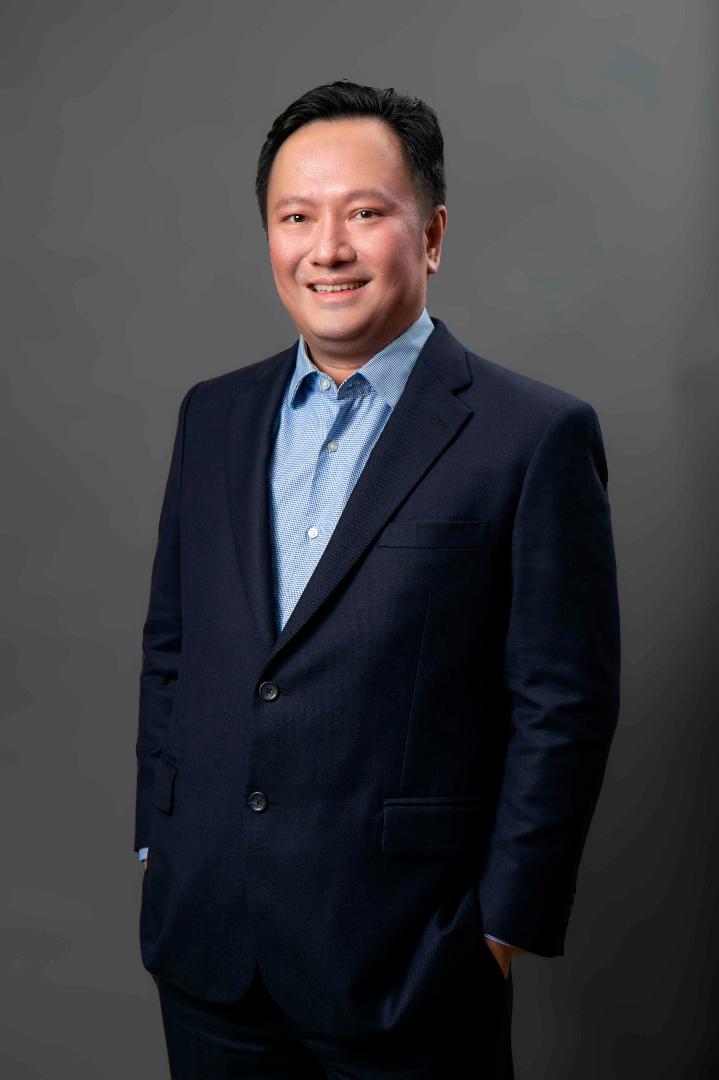SHAH ALAM: Homegrown building materials wholesalers and distributors by revenue, Unitrade Industries Bhd, delivered a net profit of RM6.4 million for the financial year ended June 30, 2025 (FY26), marking a turnaround from a net loss of RM1.8 million in Q1 FY25.
This performance was driven by a 60.0% surge in gross profit (GP) to RM32.4 million in Q1 FY26 from RM20.3 million in Q1 FY25, with GP margin strengthening to 8.1% from 4.9% a year ago.
This was attributable to Unitrade’s strategy in reducing exposure to lower-margin products, coupled with higher profit contribution from metal recycling.
Furthermore, the group registered a RM1.9 million reversal of impairment losses on trade receivables, compared to a net impairment loss of RM4.1 million in Q1 FY25.
Revenue during the quarter totalled RM401.7 million, compared to RM409.9 million a year ago.
The lower revenue base reflected the group’s deliberate shift in product mix to reduce high-volume, low-margin products within its wholesale distribution segment.
The lower sales from wholesale distribution were partially offset by higher turnover from the metal recycling division and stronger growth in the renewable energy segment, driven by solar product distribution, including solar panels, inverters, batteries and related components.
As a result, the group’s Q1 FY26 revenue mix is balanced between both conventional building materials needs (48.2%) and green businesses comprising metal recycling (46.7%) and renewable energy (2.0%).
The remaining turnover came from the pipe manufacturing and rental divisions.
Group managing director Nomis Sim Siang Leng said impairments impacted the group’s bottom line over the past two financial years.
“Still, the company is now at a strategic inflexion point with a clear profitability path ahead and an optimal revenue mix.
“With approximately half of our revenue now contributed by green businesses, we have successfully differentiated ourselves from a conventional building materials distributor into one with upstream synergistic growth verticals.
“Through the integration of metal recycling and solar distribution, we are building a future-ready business that continues to serve traditional building needs while advancing ESG-aligned, green construction solutions.
“Our wholesale distribution segment is benefiting from the earlier shift away from lower-margin products, while the normalisation of steel prices after a prolonged period of downward pressure is also a welcome development.
“In parallel, solar distribution continues to deliver encouraging contributions, supported by Malaysia’s energy transition initiatives such as the large-scale solar (”LSS”) programmes and the National Energy Transition Roadmap (NETR).
“To capture greater demand, we work strategically with Engineering, Procurement, Construction and Commissioning (EPCC) contractors under an arrangement where Unitrade supplies solar products once projects are secured.
“Meanwhile, our upstream integration strategy into metal recycling is progressing well. In April this year, we expanded our recycling footprint into East Malaysia through the completion of a 51% equity interest in Kien San Metal Sdn Bhd by our 51%-owned subsidiary, Intergreen Metals Sdn Bhd.
“This expansion is expected to enhance our earnings base and drive stronger contributions going forward, while also strengthening our national presence and reinforcing our green positioning by supporting the circular economy for metals,“ Sim said in a statement.
Looking ahead, Malaysia’s construction sector is expected to remain vibrant, underpinned by ongoing infrastructure development across both the public and private sectors, as well as the recently unveiled 13th Malaysia Plan (13MP) for 2026–2030.
With development expenditure set to rise to RM430 billion—approximately 8% higher than under the 12th Malaysia Plan (12MP), demand for building materials is anticipated to strengthen further.
Nonetheless, Unitrade remains mindful of external uncertainties such as geopolitical risks and trade tensions, and continues to prioritise strengthening its financial position through cost optimisation, improved credit management and collection efforts, and enhanced inventory management to minimise impairment risks and support sustainable growth.









